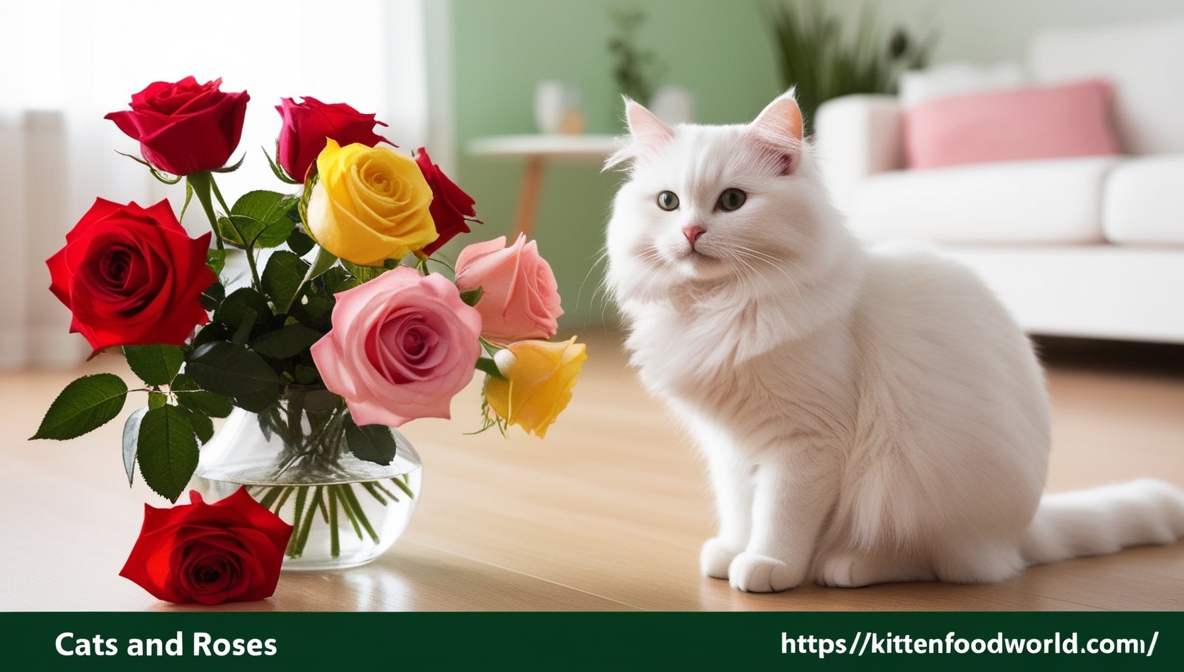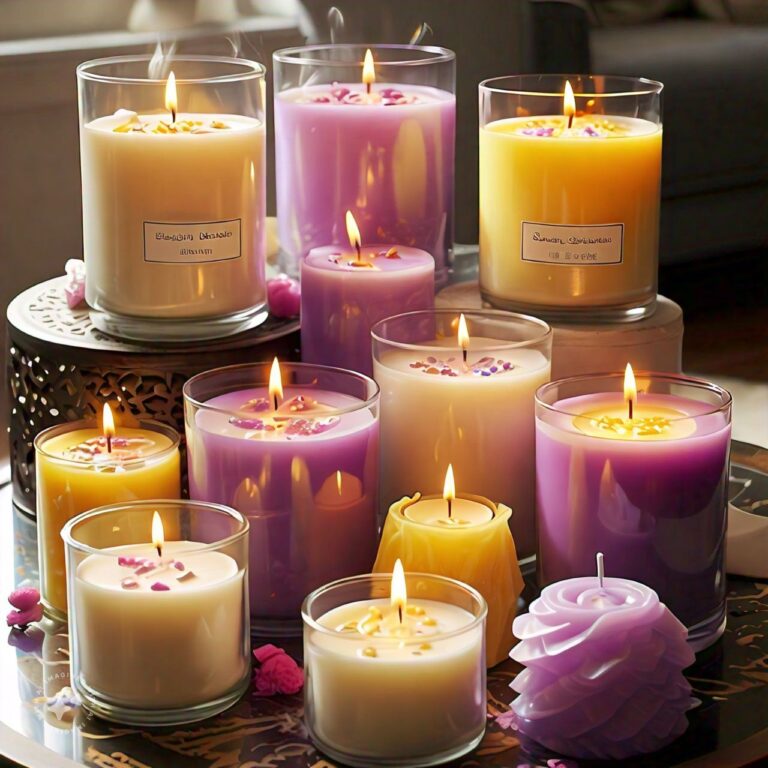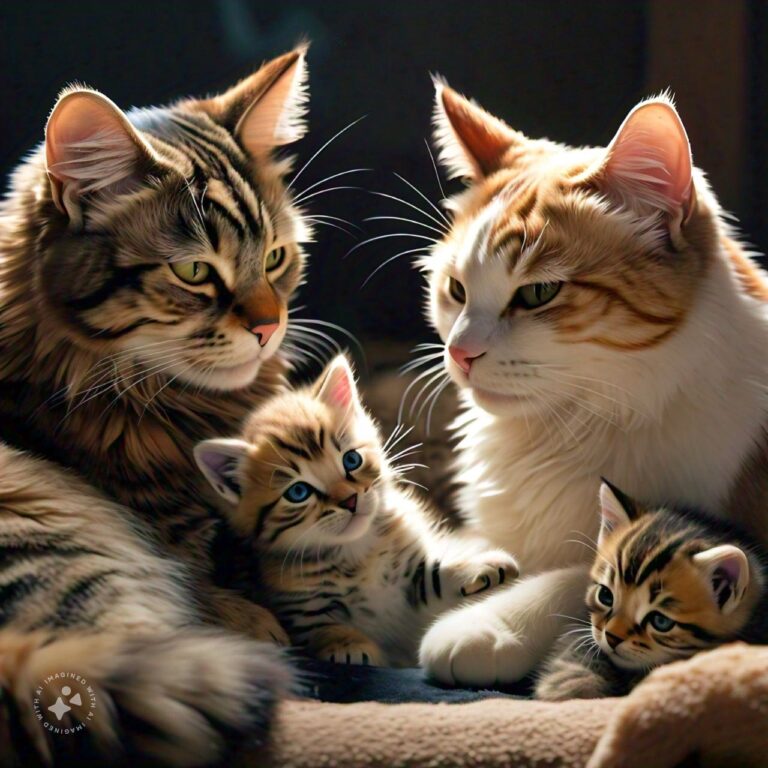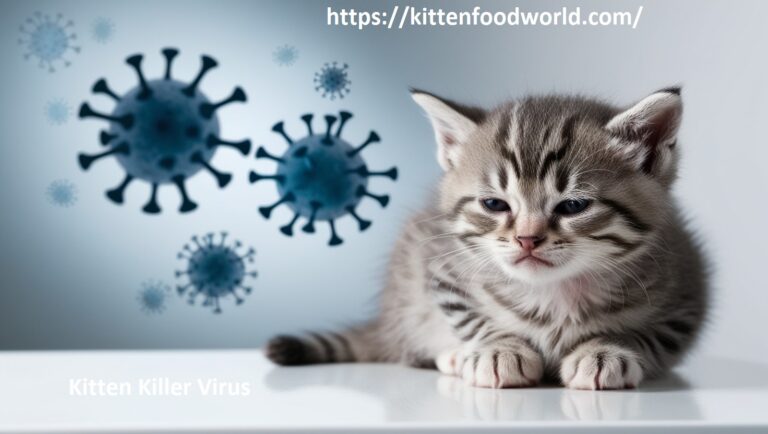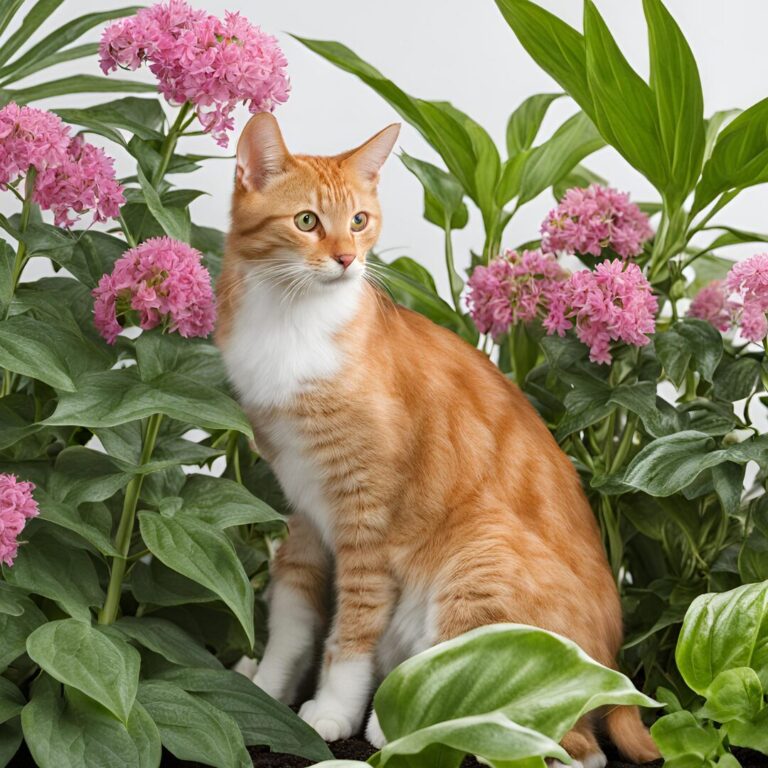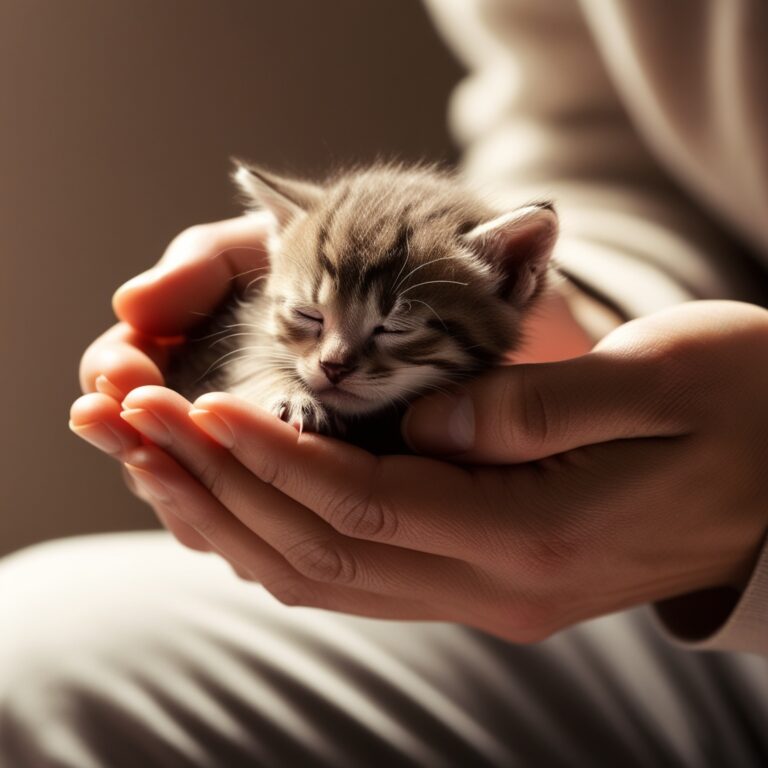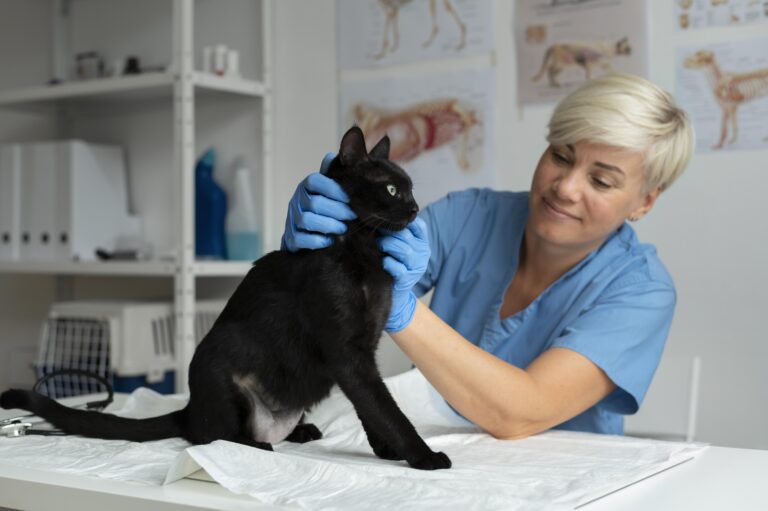Cats and Roses: Everything You Need to Know
Table of Contents
Roses are classic flowers that symbolize love and beauty. But as a cat owner, you might wonder.
Are roses safe for cats? It’s essential to keep your furry friends safe while enjoying your floral decor. In this article we’ll discuss the relationship between cats and roses, common concerns and tips to protect your cat from potential risks.
Can Cats Safely Be Around Roses?
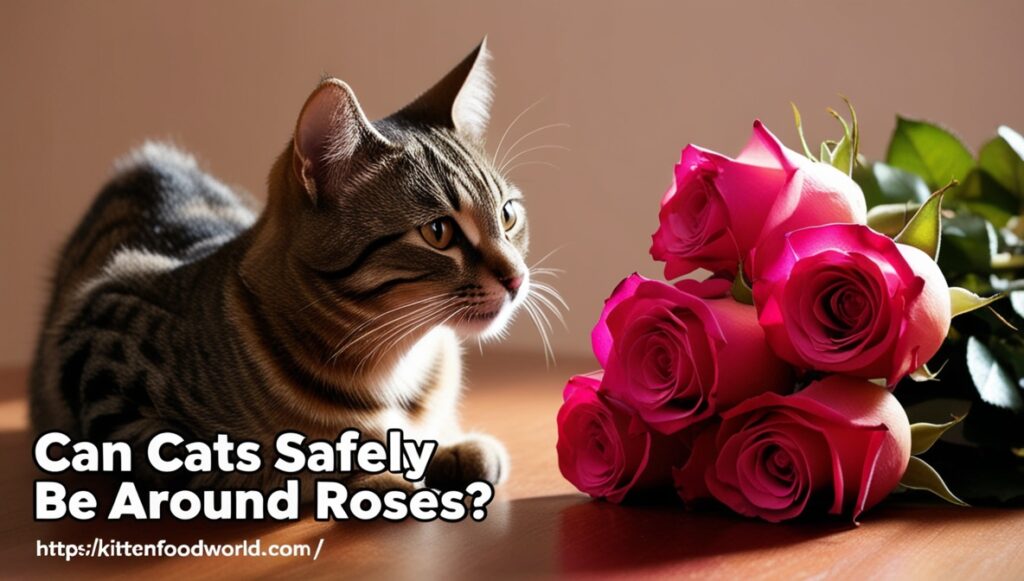
Roses are generally considered non-toxic to cats. If your cat decides to nibble on rose petals, it’s unlikely to cause serious harm. However, the thorns and any pesticides used on roses can pose dangers to your feline friend.
Keeping these factors in mind is crucial for ensuring your cat’s safety.
That said, rose-related plants like Baby’s Breath (commonly used in bouquets) can be harmful. It’s always wise to research before introducing flowers into a cat-friendly home.
Why Do Cats Eat Roses?
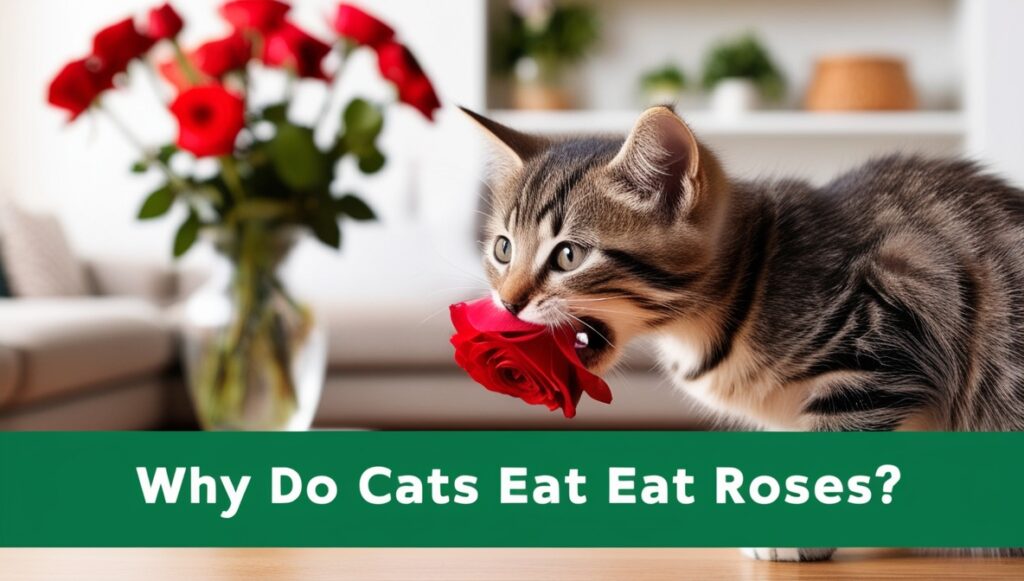
If you’ve caught your cat munching on roses you’re not alone. Cats are curious creatures and their attraction to roses often stems from the flower’s texture and scent.
Some cats may also chew on plants out of boredom or as a way to satisfy a nutritional deficiency.
Additionally cats explore their environment using their mouths. The rustling of leaves or the sight of petals swaying might trigger your cat’s hunting instincts.
Are Rose Leaves Toxic to Cats?
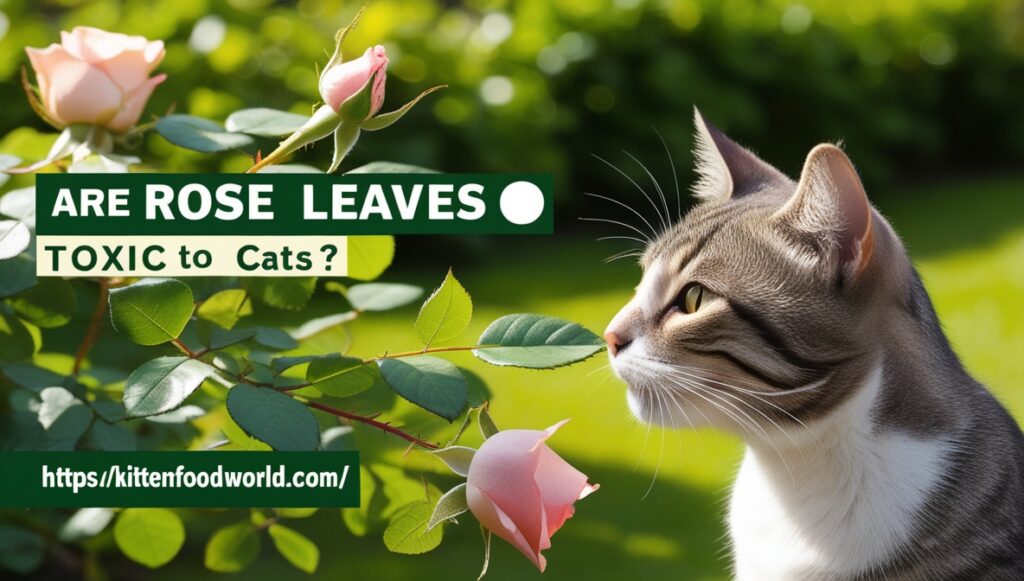
No, rose leaves are not toxic to cats. However, ingesting too many leaves can lead to mild stomach upset, including vomiting or diarrhea.
The leaves might also harbor chemicals if they’ve been treated with pesticides or fertilizers. Always wash any plants thoroughly if your cat has access to them.
Are Red Roses Toxic to Cats?
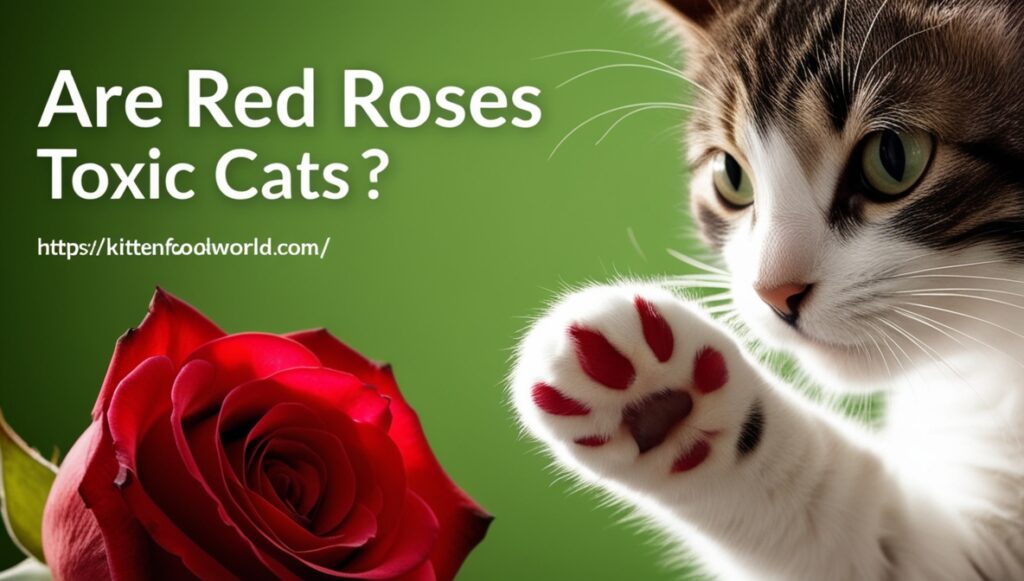
The vibrant red rose is a popular choice in homes, especially during romantic occasions. Luckily, red roses are as harmless as their white or yellow counterparts.
The real concern lies in the thorns, which can cause cuts or scratches inside your cat’s mouth if they chew on the stems.
Are Yellow Roses Toxic to Cats?

Like red roses, yellow roses are non-toxic to cats. However, the same precautions apply regarding the thorns and any chemicals used on the flowers.
If you notice your cat showing unusual symptoms after interacting with roses consult your vet immediately.
Roses and Baby’s Breath: A Dangerous Combination
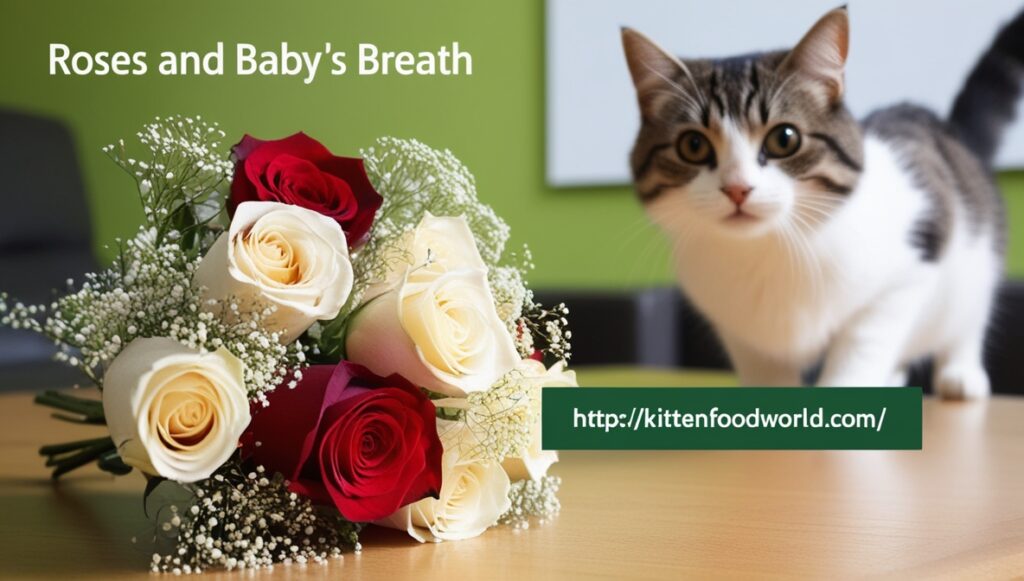
While roses themselves are safe for cats, Baby’s Breath (a common bouquet filler) can be toxic. Ingesting even small amounts of Baby’s Breath can cause symptoms like vomiting, diarrhea, and lethargy in cats.
If you love the look of roses, consider creating arrangements without Baby’s Breath.
Tips to Protect Cats from Roses
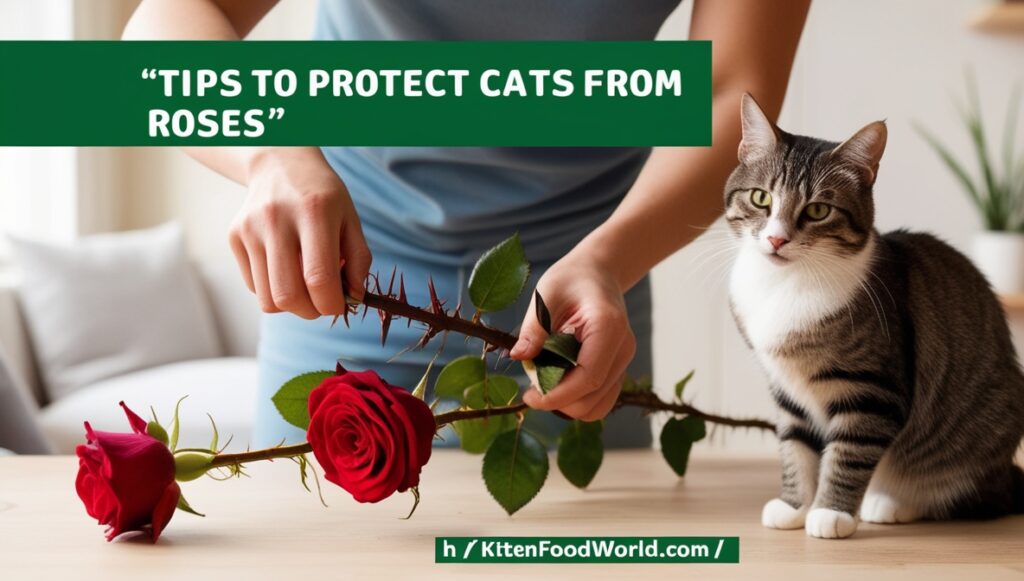
- Trim the Thorns: Always remove the thorns from roses before placing them in a cat-accessible area. This simple step can prevent injuries to your cat’s paws or mouth.
- Use Natural Pest Control: If you grow roses in your garden, avoid using pesticides. Instead, opt for natural alternatives like neem oil or insecticidal soaps.
Placing flowers out of reach or using deterrents like citrus peels can also help protect your curious feline.
Alternatives to Roses for Cat-Safe Decor
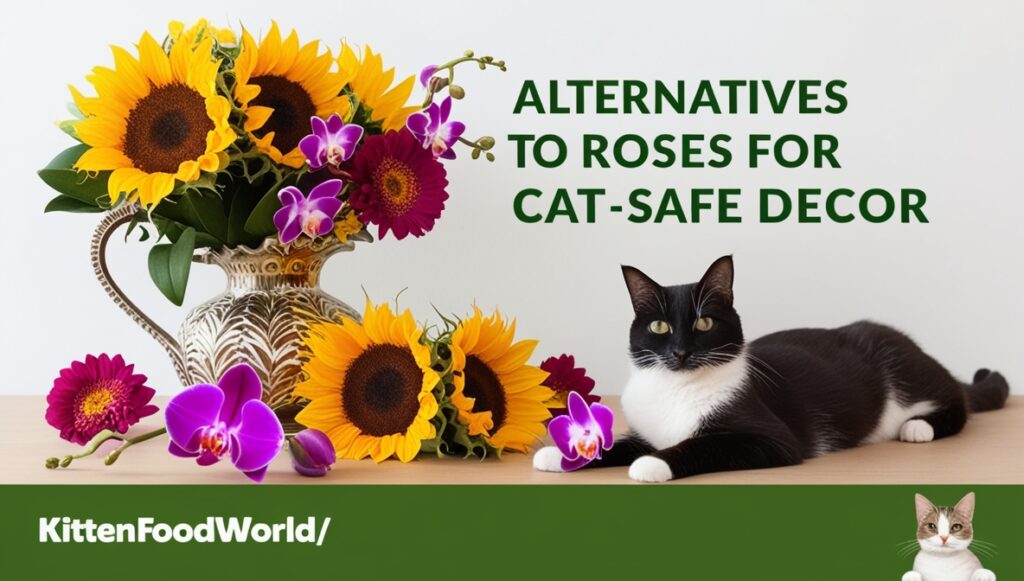
Not ready to give up flowers but worried about your cat’s safety? Try these safe alternatives:
- Sunflowers: Bright and non-toxic.
- Zinnias: Perfect for vibrant arrangements.
- Orchids: Elegant and safe for cats.
When choosing flowers, always research their toxicity level to ensure your pet’s safety.
Common Myths About Cats and Roses
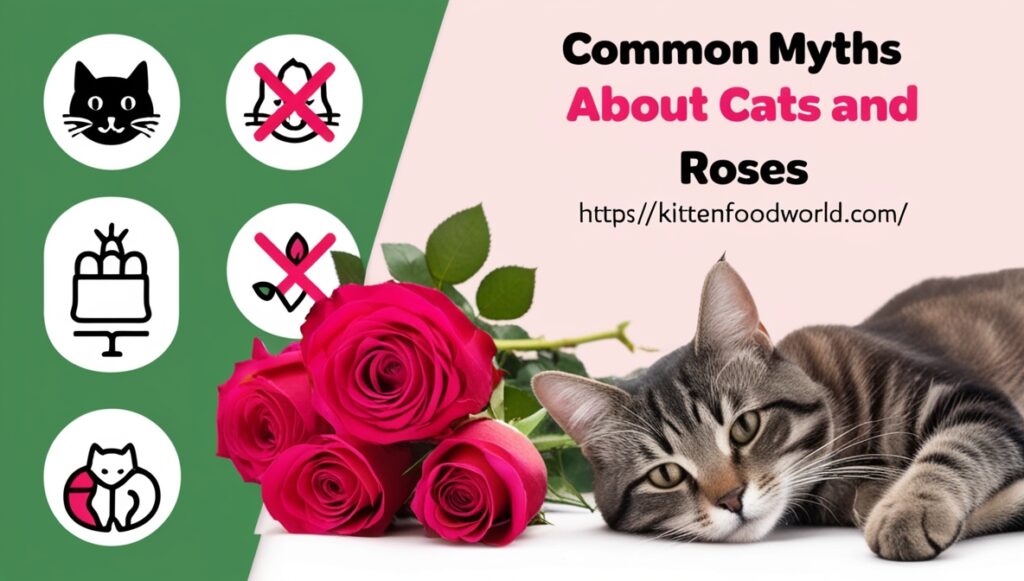
Myth 1: All Roses Are Safe for Cats
While roses themselves are non-toxic, associated plants in bouquets (like Baby’s Breath) can be harmful. Also, thorns and chemicals remain concerns.
Myth 2: Cats Avoid Thorny Plants
Cats’ curiosity often overrides their sense of caution. Even thorny roses won’t deter some cats from exploring or chewing on the plants.
Are Guns and Roses (Cats in the Cradle) Harmful to Cats?
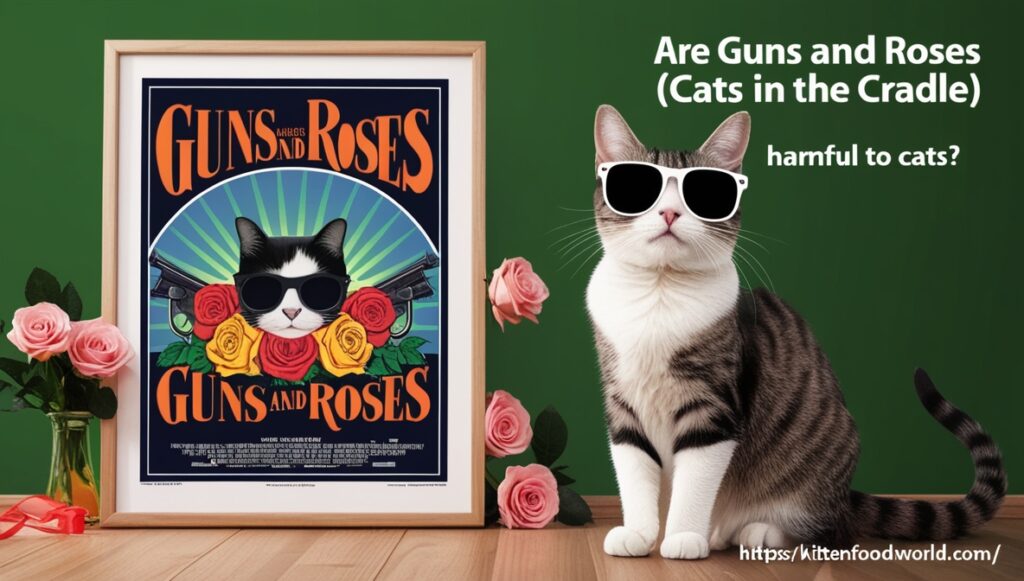
Despite the name, Guns and Roses doesn’t pose a risk to your feline friends—unless you’re playing loud music that might startle them! On a serious note, ensure your cat’s environment is always calm and safe.
FAQs
1. What is Kitten Food World?
Kitten Food World is a comprehensive website dedicated to providing expert information, tips, and recommendations about kitten nutrition, health, and care.
2. Why is proper nutrition important for kittens?
Proper nutrition is essential for kittens as it supports their growth, development, and immune system during their early, critical life stages.
3. What types of kitten food does Kitten Food World review?
Kitten Food World reviews a variety of kitten foods, including dry kibble, wet canned food, grain-free options, and specialty diets for unique health needs.
4. Are there recipes for homemade kitten food on the site?
Yes, Kitten Food World provides easy-to-follow recipes for homemade kitten food, ensuring a healthy and balanced diet for your feline friend.
5. How can I choose the best food for my kitten?
Kitten Food World offers detailed guides on selecting kitten food based on your kitten’s age, breed, health, and dietary preferences.
6. What are the benefits of grain-free kitten food?
Grain-free kitten food can benefit kittens with allergies or sensitivities, promoting easier digestion and reducing the risk of allergic reactions.
7. Does Kitten Food World offer advice for picky eaters?
Yes, the site includes tips and strategies to encourage picky kittens to eat, along with recommendations for flavorful and nutritious food options.
8. Can I find product comparisons on the website?
Kitten Food World provides in-depth product comparisons to help you choose the best food for your kitten’s unique needs.
9. How often should kittens be fed?
Kittens should be fed small, frequent meals throughout the day. The site offers detailed feeding schedules based on age and activity level.
10. Are there tips for transitioning kittens to new food?
Yes, Kitten Food World provides a step-by-step guide to safely transition your kitten to new food to avoid digestive issues.
11. Does the site cover health issues related to diet?
Kitten Food World discusses common dietary-related health issues in kittens, such as obesity, allergies, and gastrointestinal problems.
12. Can I find information on feeding orphaned kittens?
Yes, the site offers advice on feeding and caring for orphaned kittens, including guidelines for bottle feeding and formula selection.
13. Is there advice for managing food allergies in kittens?
Kitten Food World provides resources to identify and manage food allergies, along with hypoallergenic food recommendations.
14. Does Kitten Food World review popular brands?
Yes, the site features detailed reviews of popular kitten food brands, including their ingredients, benefits, and drawbacks.
15. Are there tips for maintaining food safety?
The site includes tips on properly storing kitten food, maintaining cleanliness, and ensuring the freshness of your kitten’s meals.
16. Can I find advice for multiple kittens with different needs?
Kitten Food World offers strategies for managing the dietary requirements of multiple kittens with varying health and nutritional needs.
17. Does the site recommend supplements for kittens?
Yes, the site highlights useful supplements for kittens, such as omega-3 fatty acids, vitamins, and probiotics, to enhance their overall health.
18. Are there age-specific feeding guidelines?
Kitten Food World provides detailed feeding guidelines tailored to different life stages, from newborns to older kittens transitioning to adult food.
19. What should I look for on kitten food labels?
The site explains how to read kitten food labels, focusing on key nutritional information, ingredients, and certifications.
20. How can I share my feedback or questions with Kitten Food World?
You can contact Kitten Food World through their website’s contact form to share feedback, ask questions, or request specific topics to be covered.
Conclusion
Cats and roses can coexist safely if you take proper precautions. While roses themselves are non-toxic their thorns and associated plants in bouquets can pose risks.
Understanding your cat’s behavior and keeping potentially harmful plants out of reach will ensure a happy and healthy environment for your furry friend.
For more tips on dealing with specific cat behaviors, check out our guide on what to do if your cat steps in poop and tracks litter.

